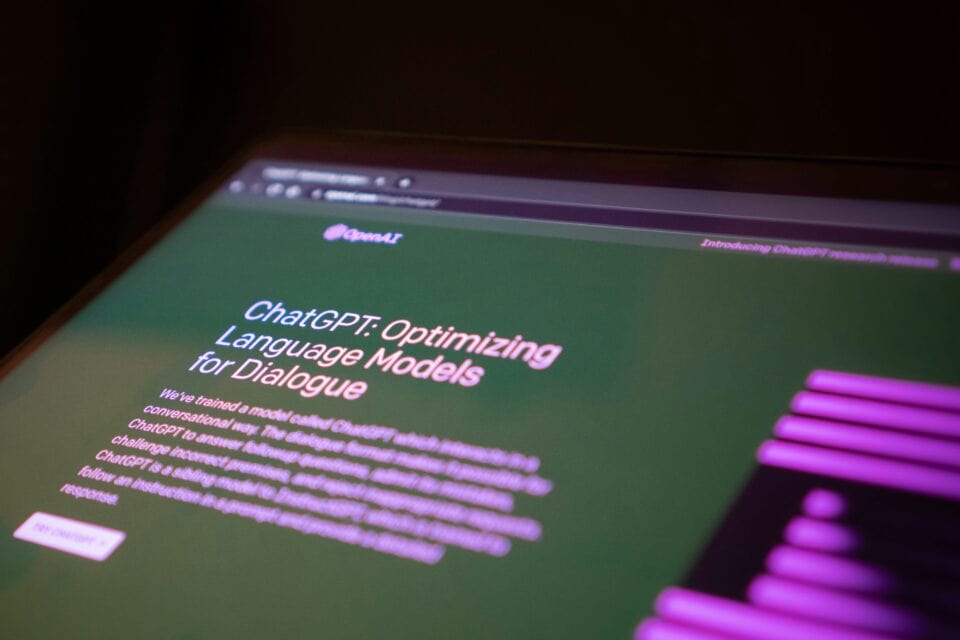
Breaking into AI product management can feel daunting, but it’s more achievable than ever. By mastering data analysis, UX design, AI ethics, and emerging AI technologies, you can position yourself for success. This guide explores the skills, strategies, and market trends shaping the AI landscape, plus practical steps on how to get into AI product management and thrive in this evolving field.








